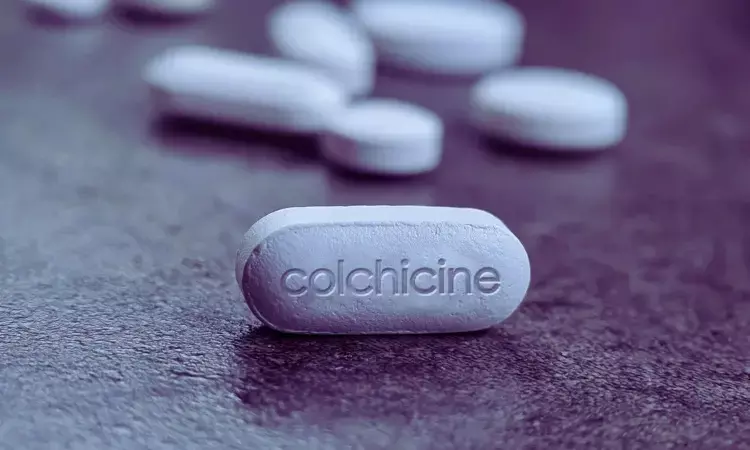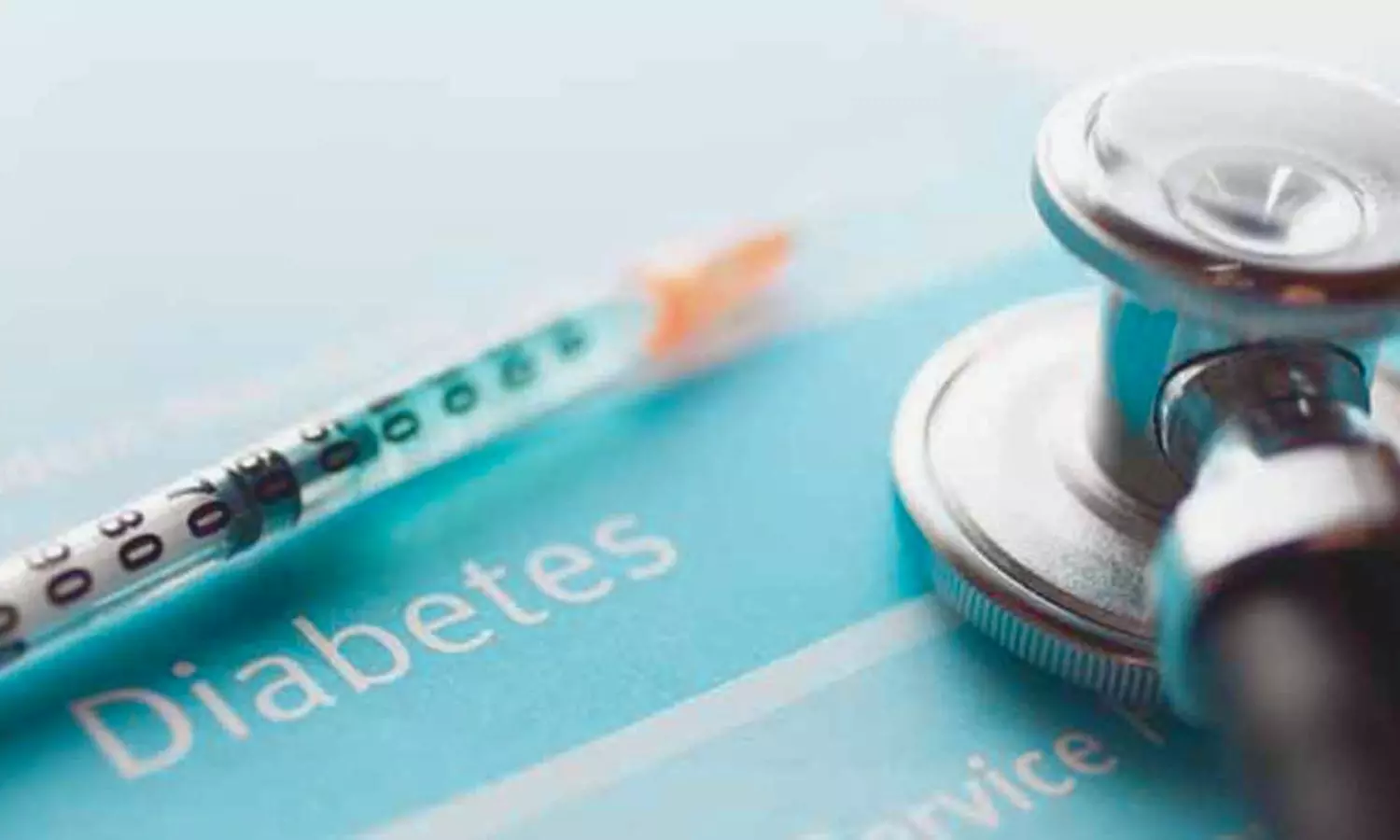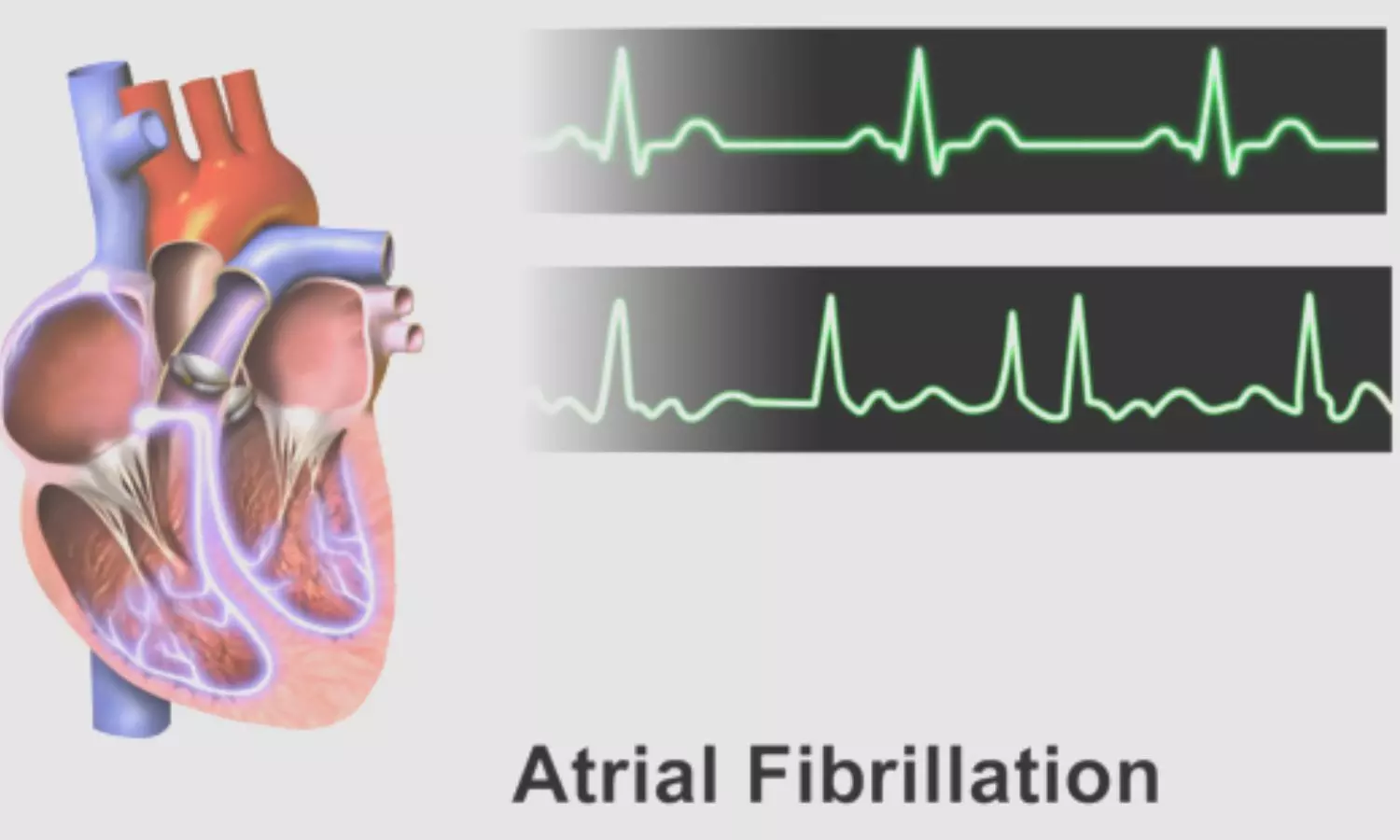- Home
- Medical news & Guidelines
- Anesthesiology
- Cardiology and CTVS
- Critical Care
- Dentistry
- Dermatology
- Diabetes and Endocrinology
- ENT
- Gastroenterology
- Medicine
- Nephrology
- Neurology
- Obstretics-Gynaecology
- Oncology
- Ophthalmology
- Orthopaedics
- Pediatrics-Neonatology
- Psychiatry
- Pulmonology
- Radiology
- Surgery
- Urology
- Laboratory Medicine
- Diet
- Nursing
- Paramedical
- Physiotherapy
- Health news
- Fact Check
- Bone Health Fact Check
- Brain Health Fact Check
- Cancer Related Fact Check
- Child Care Fact Check
- Dental and oral health fact check
- Diabetes and metabolic health fact check
- Diet and Nutrition Fact Check
- Eye and ENT Care Fact Check
- Fitness fact check
- Gut health fact check
- Heart health fact check
- Kidney health fact check
- Medical education fact check
- Men's health fact check
- Respiratory fact check
- Skin and hair care fact check
- Vaccine and Immunization fact check
- Women's health fact check
- AYUSH
- State News
- Andaman and Nicobar Islands
- Andhra Pradesh
- Arunachal Pradesh
- Assam
- Bihar
- Chandigarh
- Chattisgarh
- Dadra and Nagar Haveli
- Daman and Diu
- Delhi
- Goa
- Gujarat
- Haryana
- Himachal Pradesh
- Jammu & Kashmir
- Jharkhand
- Karnataka
- Kerala
- Ladakh
- Lakshadweep
- Madhya Pradesh
- Maharashtra
- Manipur
- Meghalaya
- Mizoram
- Nagaland
- Odisha
- Puducherry
- Punjab
- Rajasthan
- Sikkim
- Tamil Nadu
- Telangana
- Tripura
- Uttar Pradesh
- Uttrakhand
- West Bengal
- Medical Education
- Industry
Use of Low-Dose Colchicine Safe for Prevention of Coronary artery Disease, new Study Reveals

In a recent review, researchers have shed light on the safety profile of low-dose colchicine, offering reassuring evidence for its use in secondary prevention among patients with coronary artery disease. The study, drawing from a comprehensive analysis of contemporary systemic reviews, case reports, drug registries, and placebo-controlled trials, aims to inform healthcare professionals and patients about the absolute risks associated with continuous use of this medication.
The study results were published in the European Heart Journal. The FDA has recently granted approval for the use of low-dose colchicine (0.5 mg daily) in the secondary prevention of coronary disease, marking a significant milestone in clinical practice. A comprehensive State-of-the-Art Review was conducted to gather data from contemporary systemic reviews, case reports, drug registries, and placebo-controlled trials. This analysis aimed to assess the safety implications associated with the continuous administration of colchicine across various clinical contexts. The goal was to provide crucial insights to physicians, pharmacists, and patients regarding the absolute risks linked with the sustained use of low-dose colchicine, including its impact on individuals concurrently prescribed statin therapy.
Findings:
- One of the key findings highlighted in the review is the overwhelmingly positive safety profile of low-dose colchicine.
- According to the data collated, the most commonly reported side effect is mild diarrhea, typically occurring during the initiation phase of treatment and subsiding within a week for the vast majority of patients.
- Crucially, the review found no significant adverse effects of low-dose colchicine on renal, liver, or cognitive function.
- Furthermore, the medication does not appear to impact bleeding, wound healing, fertility, or pregnancy outcomes.
- No evidence was found to suggest an increased risk of cancer, serious infection, or cause-specific mortality associated with its use.
- Of particular interest is the investigation into potential interactions between low-dose colchicine and statin therapy, a commonly prescribed treatment for cardiovascular disease.
- Contrary to concerns, the data indicate that patients concurrently taking statins do not face heightened risks of myelosuppression, myotoxicity, or serious drug interactions when prescribed low-dose colchicine.
The implications of these findings are profound for clinical practice. Physicians, pharmacists, and patients can now approach the use of low-dose colchicine with greater confidence, especially in the context of reducing cardiovascular risk among individuals with atherosclerosis. Importantly, the review suggests that when appropriately prescribed to patients without significant renal or hepatic impairment, the risks associated with continuous use of low-dose colchicine are minimal. This study marks a significant milestone in our understanding of low-dose colchicine, paving the way for its wider adoption in clinical practice as a safe and effective therapy for cardiovascular disease.
Further research: Nidorf, Stefan Mark et al. “Low-dose colchicine for atherosclerosis: long-term safety.” European heart journal, ehae208. 10 Apr. 2024, doi:10.1093/eurheartj/ehae208.
BDS, MDS
Dr.Niharika Harsha B (BDS,MDS) completed her BDS from Govt Dental College, Hyderabad and MDS from Dr.NTR University of health sciences(Now Kaloji Rao University). She has 4 years of private dental practice and worked for 2 years as Consultant Oral Radiologist at a Dental Imaging Centre in Hyderabad. She worked as Research Assistant and scientific writer in the development of Oral Anti cancer screening device with her seniors. She has a deep intriguing wish in writing highly engaging, captivating and informative medical content for a wider audience. She can be contacted at editorial@medicaldialogues.in.
Dr Kamal Kant Kohli-MBBS, DTCD- a chest specialist with more than 30 years of practice and a flair for writing clinical articles, Dr Kamal Kant Kohli joined Medical Dialogues as a Chief Editor of Medical News. Besides writing articles, as an editor, he proofreads and verifies all the medical content published on Medical Dialogues including those coming from journals, studies,medical conferences,guidelines etc. Email: drkohli@medicaldialogues.in. Contact no. 011-43720751




